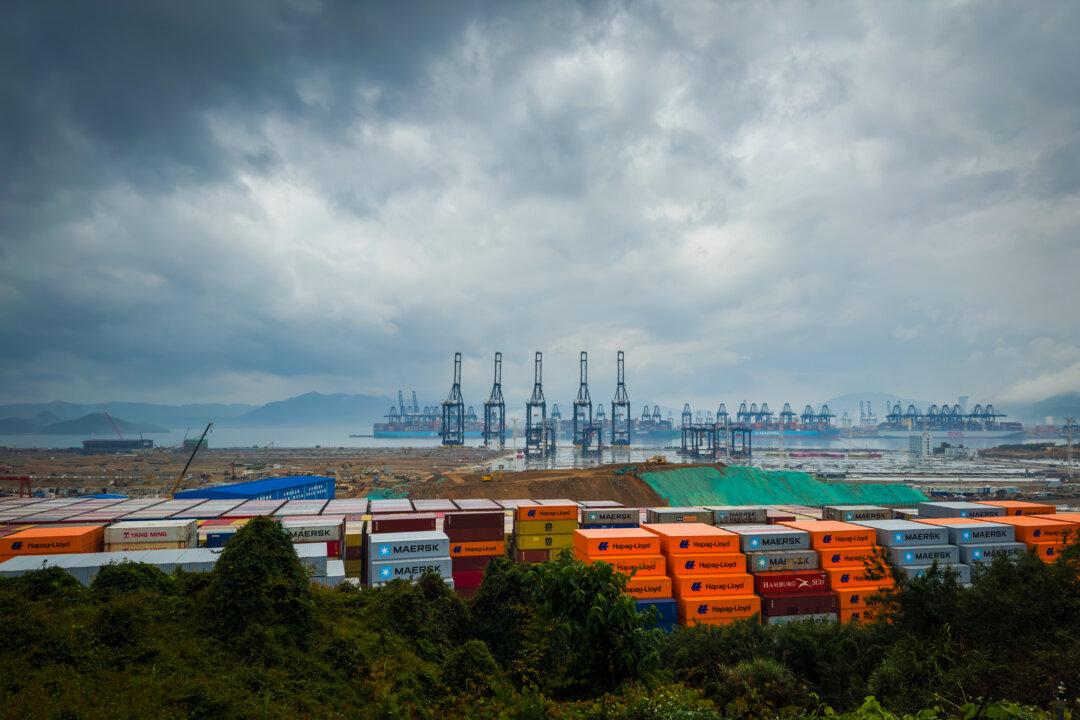Commentary
What will the Chinese Communist Party (CCP) do now that President Donald Trump has slapped 145 percent tariffs on them?

What will the Chinese Communist Party (CCP) do now that President Donald Trump has slapped 145 percent tariffs on them?